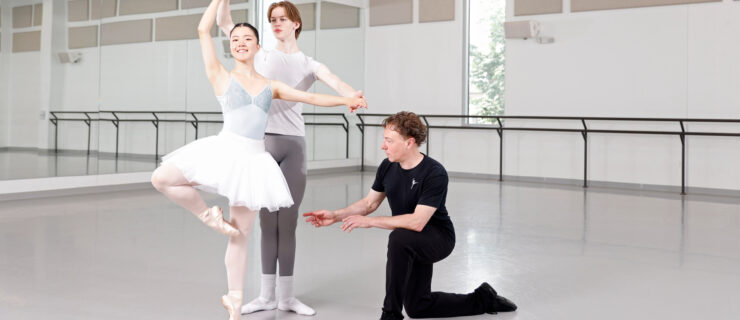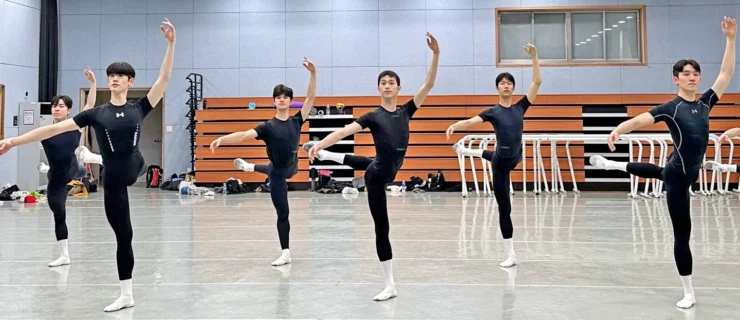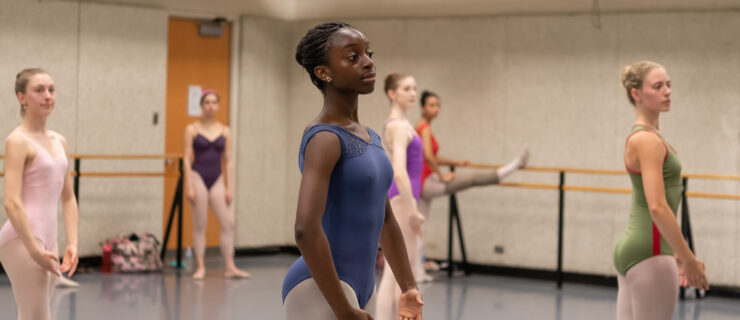Ask Amy: What to Do When You're in a Turning Rut
I had a few weeks off, and I didn’t practice my turns. Now, after being back for a while, I can’t seem to turn like I used to. My teacher said it was a mental block, but I can’t figure out how to push past it. —Devon
Ahh, I know this feeling well. I had a similar experience with turns after I came back from an injury. Mental blocks can occur when you focus more on your fear of failure than on trusting your technique. You grow so anxious about falling out of your turn that it becomes a self-fulfilling prophesy.
Your pirouettes may not be “in” your body right now, but that doesn’t mean you’ve forgotten how to do them. You may need to practice singles for a while until you feel more comfortable. Doing extra core-strengthening exercises (like Pilates) and paying closer attention to your alignment at the barre may also be useful. But more importantly, check your attitude. If you beat yourself up after every unsuccessful turn, you’re simply making the mental block (and, consequently, your pirouettes) worse. When you’re turning, find a way to detach yourself emotionally—if it doesn’t go perfectly, so what? Rather than approaching your preparation tentatively, really go for it.
Mental blocks can occur when you focus more on your fear of failure than on trusting your technique. Finding different focuses helped me overcome my mental block. Instead of fixating on an upcoming pirouette, I’d think ahead to the next step and make a commitment to keep going if I fell out of my turn. Concentrating on the combination’s musicality also helped rechannel my anxiety—I could focus more on dancing and less on an isolated step. The bottom line: It’s easier to trust your technique when you’re not obsessing over it.
Have a question? Send it to Pointe editor-in-chief Amy Brandt at [email protected].





